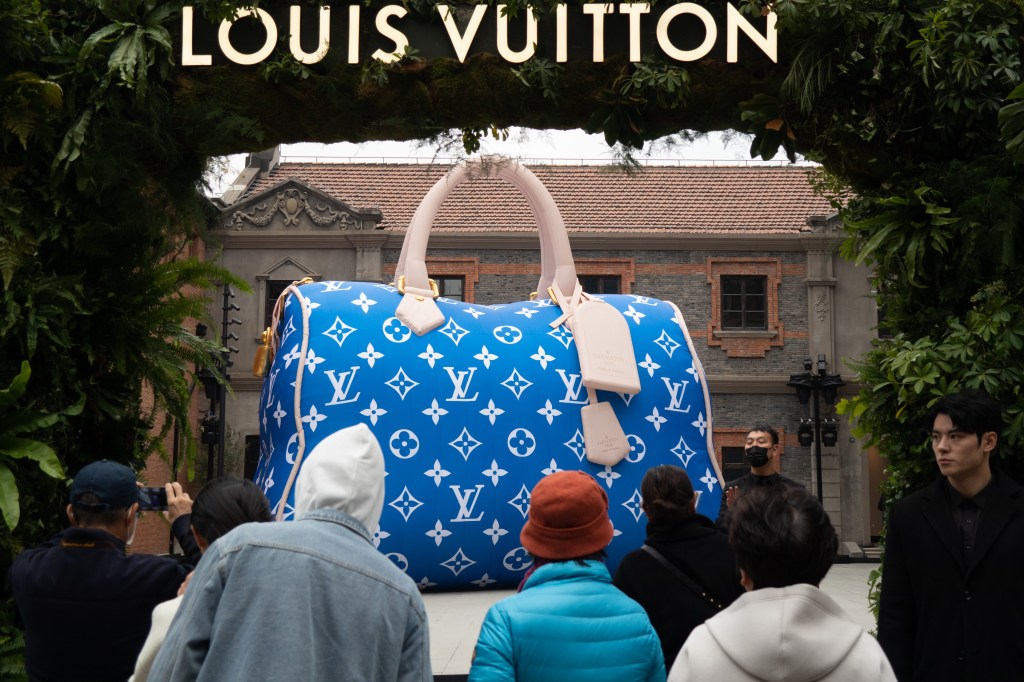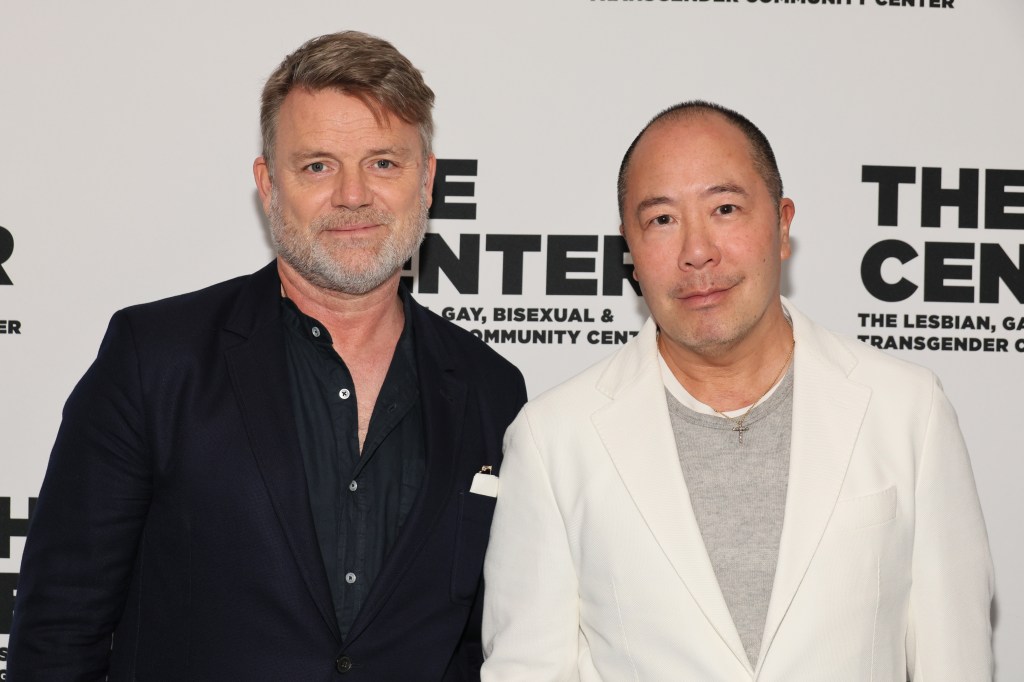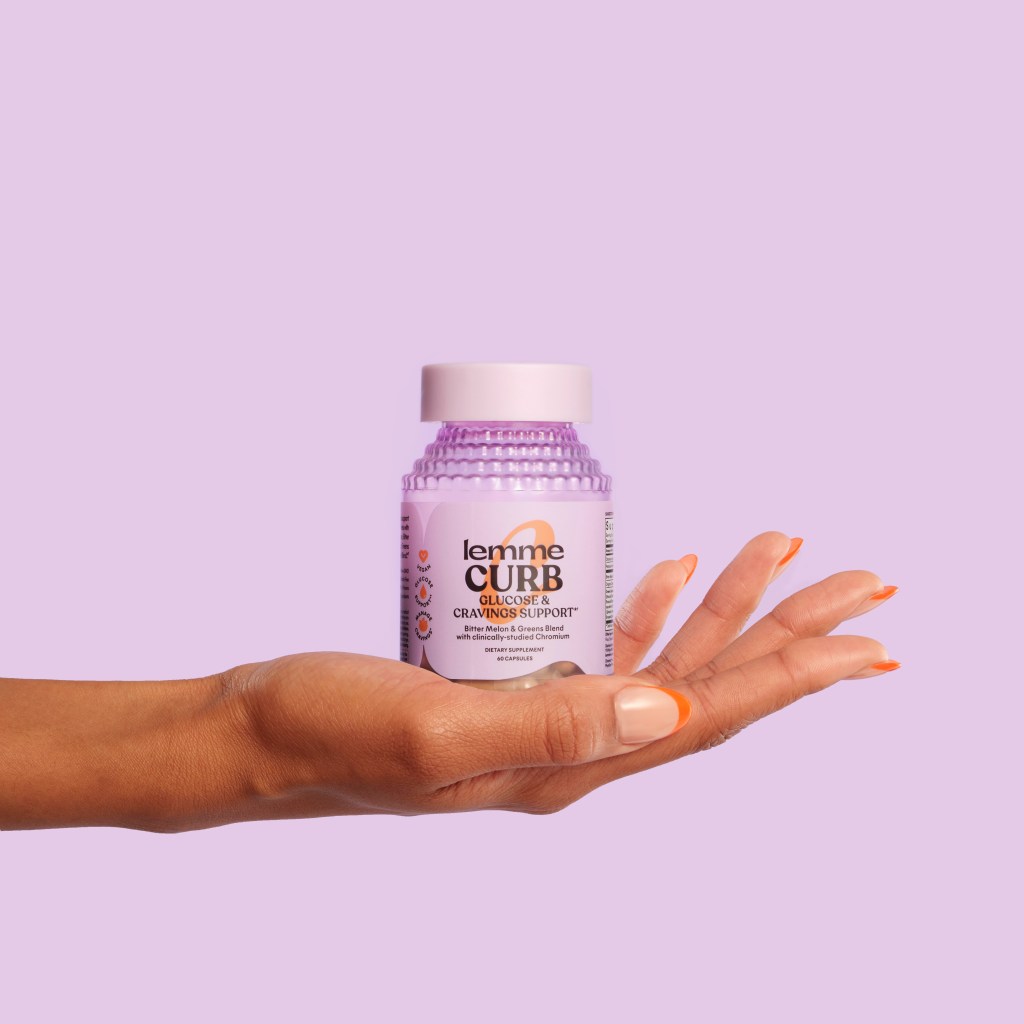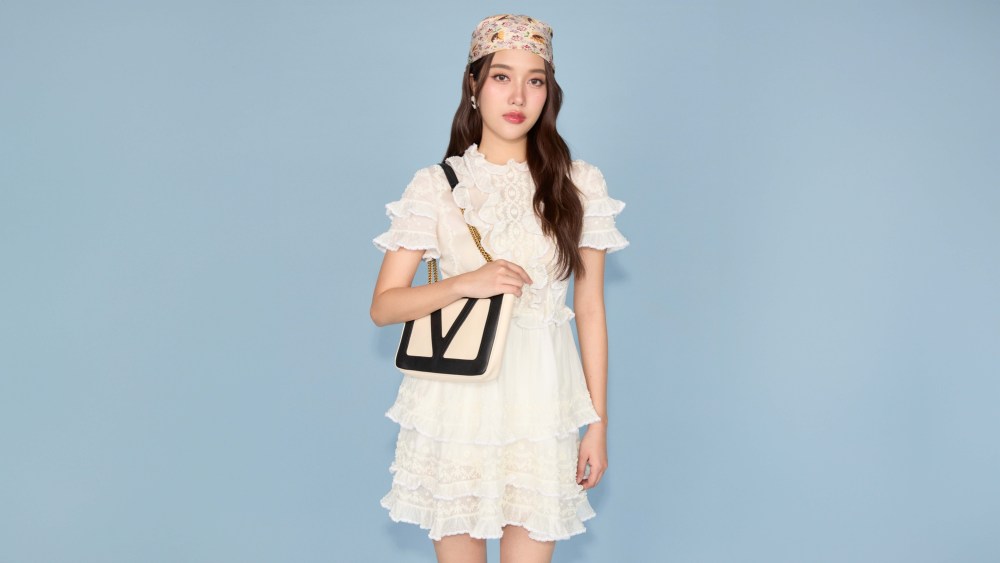PARIS — LVMH Moët Hennessy Louis Vuitton said organic sales for its key fashion and leather goods division rose 9 percent in the fourth quarter, in line with market expectations, confirming a normalization of growth rates even as the world’s biggest luxury group reported record full-year revenues for 2023.
In results reported after the market close on Thursday, LVMH said overall group sales rose 5.5 percent at actual exchange rates to 23.95 billion euros in the fourth quarter, following a 1 percent increase in the previous three months.
This represented a rise of 10 percent on a like-for-like basis, up from the 9 percent recorded in the third quarter, and above a consensus forecast for 8.6 percent growth, according to financial services firm Morningstar.
The increase was driven by the strong performance of LVMH’s selective retailing and perfume and cosmetics divisions. The quarter benefited from an easier comparison basis with the same period last year, when much of China was in lockdown due to COVID-19.
LVMH, which owns brands including Louis Vuitton, Dior, Sephora and Tiffany & Co., reported total sales rose 8.8 percent to 86.15 billion euros last year, representing a rise of 13 percent on a comparable basis. This was above a consensus forecast of 85.83 billion euros, according to a poll of analysts’ estimates compiled by FactSet.
Net profit was up 8 percent to 15.17 billion euros, missing the consensus forecast of 15.72 billion euros, according to the FactSet data. LVMH had cautioned in October that negative currency effects were likely to impact group margins in the second half, though it did not plan to scale back marketing investments.
“Our performance in 2023 illustrates the exceptional appeal of our maisons and their ability to spark desire, despite a year affected by economic and geopolitical challenges,” LVMH chairman and chief executive officer Bernard Arnault said in a statement.
“While remaining vigilant in the current context, we enter 2024 with confidence, backed by our highly desirable brands and our agile teams. It promises to be an inspiring, exceptional year for us all, featuring our partnership with Paris 2024 Olympic and Paralympic Games, whose core values of passion, inclusion and surpassing oneself are shared by our group,” he added.
The group last week announced a reshuffle in its senior management ranks, with Michael Burke to succeed Sidney Toledano at the head of LVMH Fashion Group, overseeing Celine, Givenchy, Kenzo, Loewe, Marc Jacobs, Patou and Emilio Pucci. It is understood Burke’s stable of brands will be expanded to include Fendi.
Toledano will leave the LVMH executive committee and become an adviser to Bernard Arnault in the handover, which takes effect on Feb. 1. It’s the latest in a series of management changes, which has also seen Frédéric Arnault promoted to CEO of LVMH Watches.
Meanwhile, reports this week said Bernard Arnault plans to appoint Frédéric Arnault and his older brother Alexandre Arnault, executive vice president of product and communications at Tiffany & Co., to the board of LVMH. The company has declined to comment.
LVMH shares have fallen by more than 23 percent over the last six months amid a global slowdown in luxury demand. In late August, LVMH was overtaken as Europe’s most valuable listed company by Danish pharmaceutical giant Novo Nordisk, the maker of diabetes and weight-loss drugs Ozempic and Wegovy.
Its fourth-quarter report comes on the heels of mixed results for its luxury peers.
Burberry lowered its full-year profit guidance after disappointing holiday sales, but Compagnie Financière Richemont beat expectations thanks to strong demand for jewelry in markets such as Japan, mainland China and North America.
Meanwhile, Brunello Cucinelli said results in the fourth quarter were the best ever in absolute value, with sales up 15.6 percent year-on-year. Kering is due to report full-year results on Feb. 8, with Hermès International set to follow on Feb. 9.



